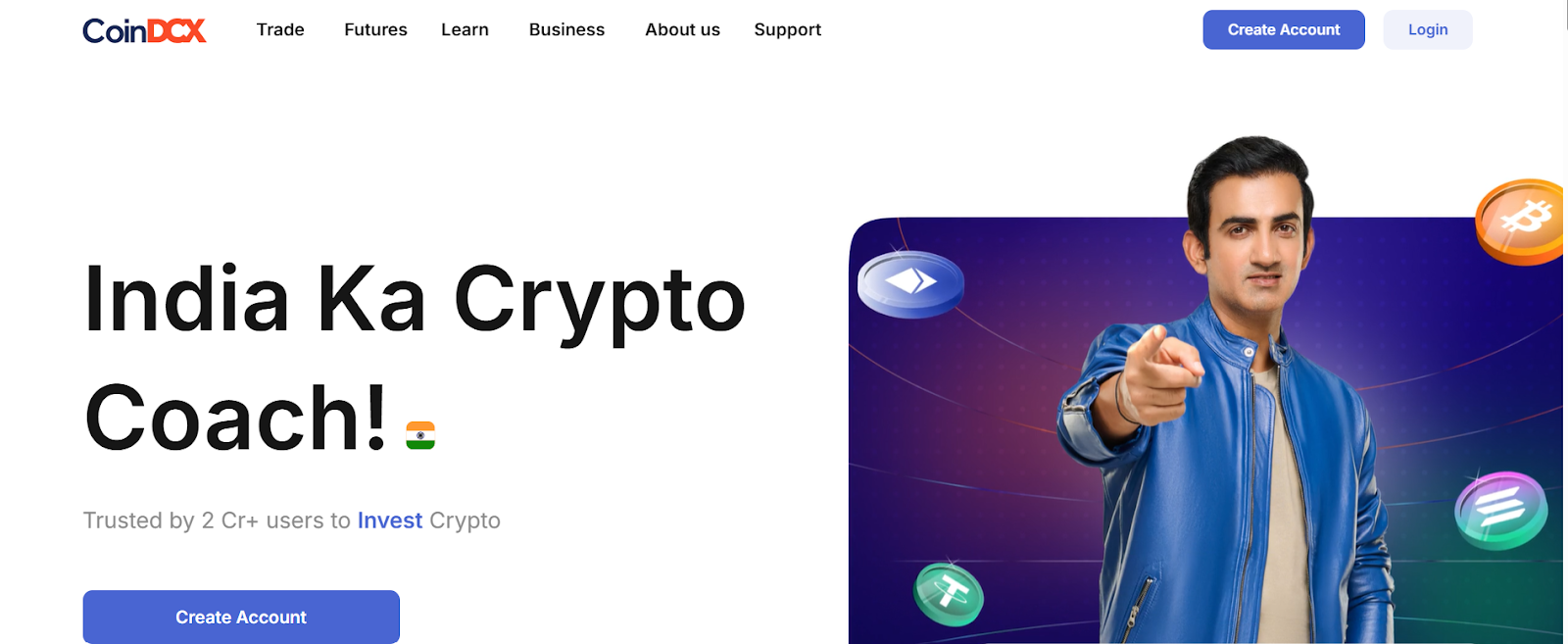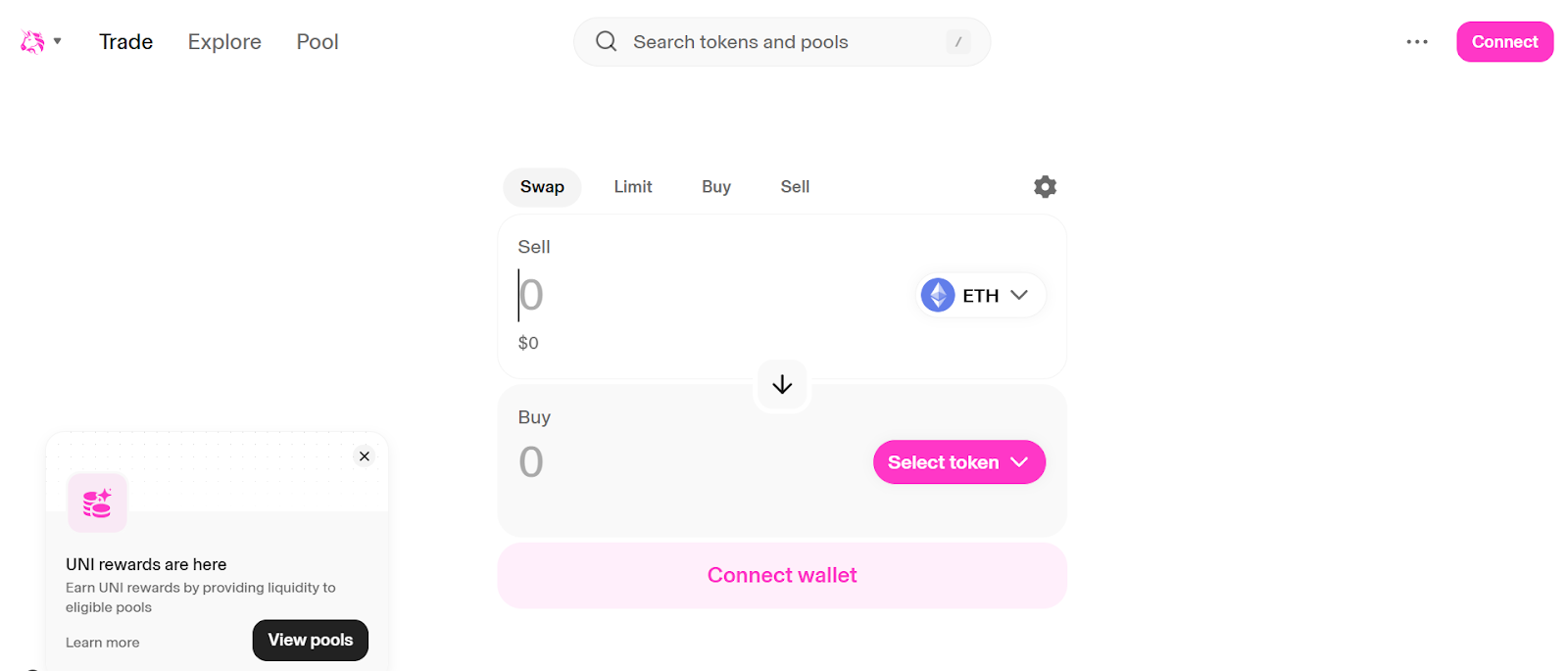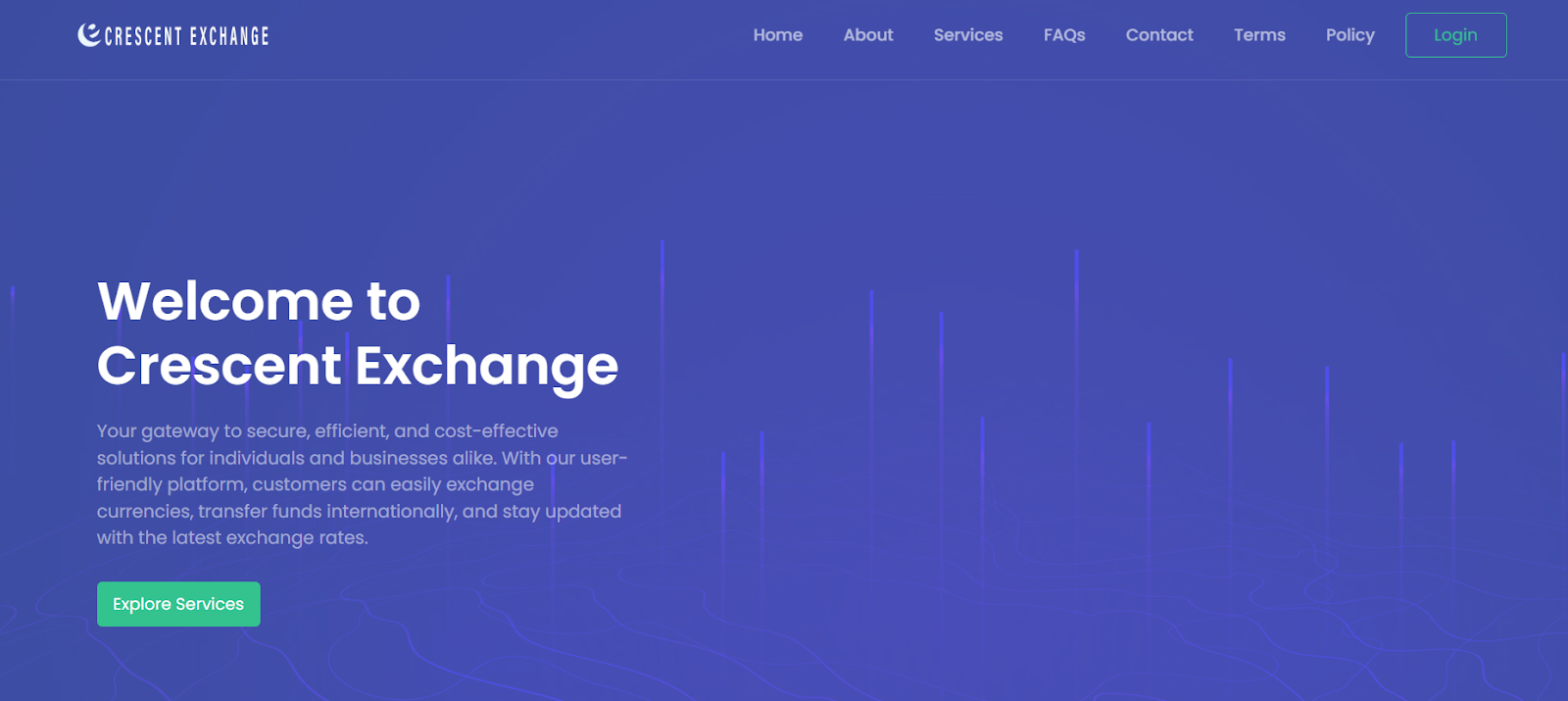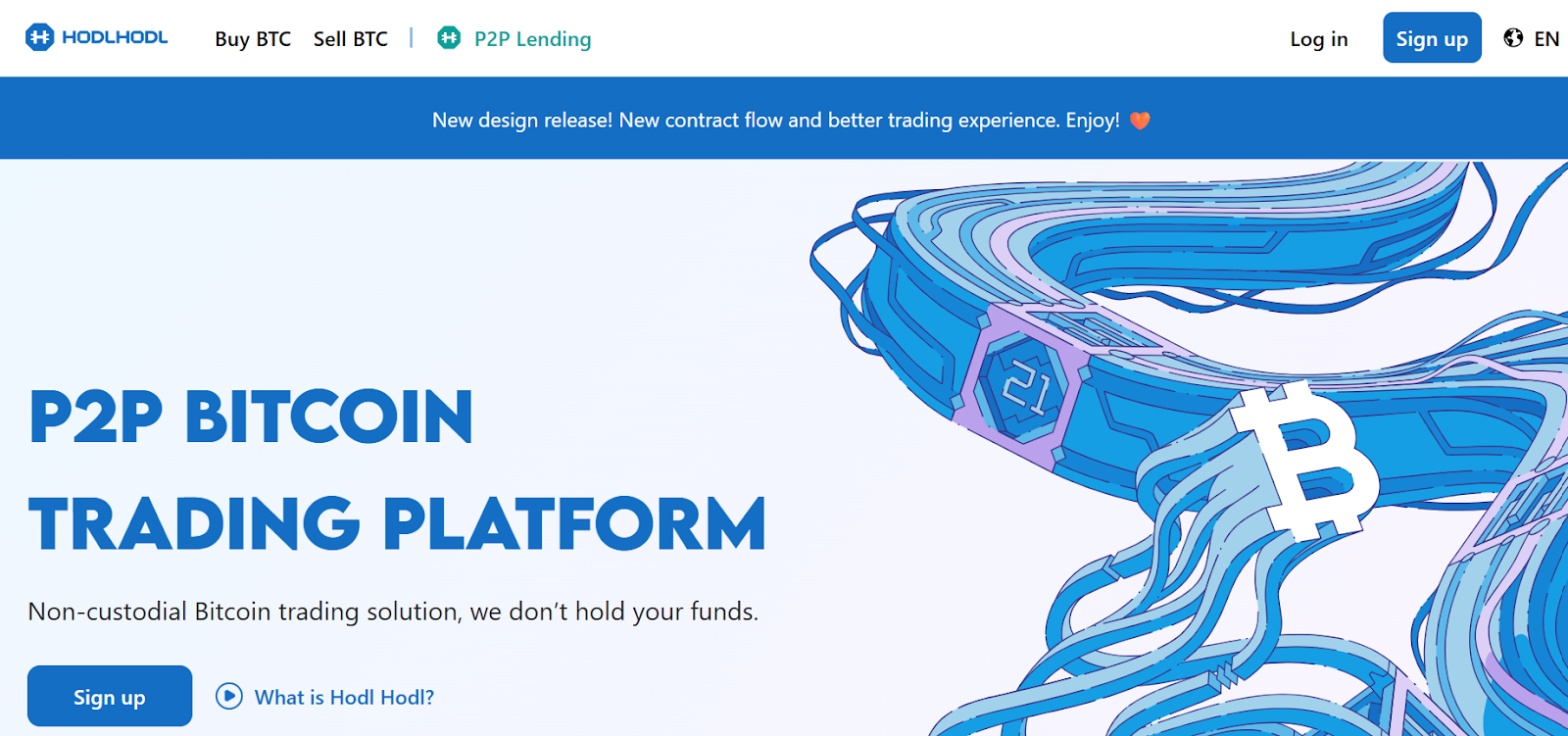India today ranks as one of the top countries in crypto trading, offering lucrative opportunities for retail investors and large enterprises to earn from their crypto holdings.
As the digital economy in India grows manifold, it transcends global barriers, democratizes investments, and reinforces the demand for reliable platforms for crypto trading.
Crypto trading platforms are the backbone of the digital finance (DeFi) economy. They provide the technology and infrastructure and are designed to support various types of crypto trading functions for users.
So, what are these platforms, and how does one ascertain which is the best for crypto trading in India?
Crypto Trading Platforms: Earn While You Trade in India: This article explores what crypto trading platforms are, their types, and the key aspects to consider before choosing the right platform.
Let’s begin.
What are Crypto Trading Platforms?
A crypto trading platform in India is an online service provider that allows you to buy, sell, trade, or transfer cryptocurrencies like Bitcoin, Ethereum, and other altcoins. The platform can be accessed through mobile apps, web browsers, or desktop interfaces. Their unique features cater to the diverse needs of individual traders and enterprises.
These platforms have an intuitive interface that allows easy navigation and built-in features like trading tools, portfolio management, advanced security protocols, automated bots, and real-time asset monitoring for seamless trading.
In addition to different types of crypto trading strategies, most of these trading platforms offer multiple avenues to grow crypto passive income:
- Day trading.
- Spot trading.
- Futures trading.
- Margin trading.
- Swing trading.
- Scalping.
- Staking.
- Borrowing and lending.
What are the Different Types of Crypto Trading Platforms?
The most common way to trade crypto assets is through crypto trading exchanges.
Centralized Exchange (CEX)
A centralized crypto exchange (CEX) operates as a middleman or an intermediary between the buyer and the seller. These platforms are managed by a central authority that facilitates all the transactions.
Centralized platforms are very similar to traditional stock exchanges. Popular CEX platforms in India are Binance, CoinDCX, CoinSwitch, WazirX, etc.
Key features:
- Account verification: To open accounts, traders must complete KYC (Know Your Customer) and AML (Anti-Money Laundering) compliance obligations. Centralized exchanges are privacy-focused platforms, and these regulations are necessary before customer onboarding and protect the platform from illicit uses.
- Withdrawal/Deposit: Indian exchanges allow easy deposit and withdrawal via registered bank accounts, debit/credit cards, and external digital wallets.
- Order Book: A centralized system that maintains all the buy (bids) and sell orders at the specified price. It provides real-time updates of orders placed or cancellations, and allows traders to discover the current market price. This enhances the transparency of the platform and allows traders to make informed decisions.
- Trading engines: A software that handles and executes the crypto trades on the platform. Based on the Order Book, the tool matches the buy/sell orders and executes the trade. Indian exchanges have fully automated, high-speed, and reliable trading engines that match and execute trades within seconds.
- Custodial wallets: Users’ funds are deposited in the platform’s centralized wallet. The exchange controls the funds and the private keys.
- Security protocols: Besides mandatory KYC and AML verification, these platforms integrate 2FA (two-factor) verification and other enhanced security features to protect customer funds.
- Intuitive interface: Centralized exchanges have a user-friendly interface, beneficial for beginners. These interfaces are mobile and web-friendly, allowing easy and seamless navigation.
Benefits
- High liquidity: They have deep liquidity due to large volumes of trade.
- Robust infrastructure: They have a reliable and established infrastructure that offers security, scalability, and an enhanced trading experience.
- High-end features: Most of these platforms use state-of-the-art trading features that support a variety of trading strategies for both beginners and expert traders.
- Advanced security: Established and reputable platforms use advanced and multiple layers of security to protect investor funds and the platform from manipulation and fraud.
- Regulatory compliance: CEX platforms mandate regulatory compliance that protects investor privacy and eliminates fraudsters.
- Fiat swaps: These platforms support fiat currencies (Indian rupees) and allow easy deposits and swaps.
Considerations
- Central authority: The funds, private keys, and trades are controlled by a centralized authority. This can lead to malpractice.
- Third-party infiltration: These platforms hire third-party services, which increases the chances of fraudulent activities and manipulation.
- Regulatory risks: They operate under strict and mandatory regulations, which may restrict global transactions at times.
- Low privacy: Mandatory KYC and AML verifications may expose user identification and personal details.

Source: CoinDCX
Decentralized Exchange (DEX)
A decentralized exchange is a peer-to-peer trading platform where involved parties can directly trade with each other without the involvement of any centralized authority or intermediary. Unlike centralized exchanges, decentralized platforms operate through blockchain-based smart contracts that automate trading, and users can retain full control over their funds and private keys. Popular DEX platforms include Hyperliquid, PanCakeSwap, Uniswap, etc.
Key features:
- Smart contracts: These are automated agreements that execute transactions based on predefined protocols. These contracts simplify transactions, enhance transparency, and scalability.
- Non-custodial wallets: These wallets allow users to retain control over their funds and private keys.
- Liquidity pools: Powered by smart contracts, a liquidity pool is a crypto reserve funded by liquidity providers (LPs).
- Blockchain infrastructure: Decentralized exchanges operate on the core technology of blockchain. All transactions are recorded on-chain.
Benefits
- User control: Since DEX is not managed by any centralized body, users have complete custody of their assets and private keys.
- Privacy and anonymity: There is no mandatory KYC or AML verification. Users can preserve their anonymity.
- Low fees: DEX platforms are often cheaper than CEX platforms since there are no intermediaries or third-party involvement. Trading fees are also lower in decentralized exchanges.
- Enhanced security: A lack of third-party involvement lowers the risks related to centralized custody.
Considerations
- User liability: Users are responsible for protecting their funds and private keys. A loss of keys may lead to irrecoverable loss.
- Liquidity limitations: DEX platforms rely heavily on liquidity providers and may lack active traders. This can impact the total liquidity of the platform.
- Regulatory uncertainty: An absence of mandatory KYC/AML verification may often increase the risks of illicit activities and impact wider adoption of crypto trading.
- Lack of fiat payments: Most decentralized exchanges do not support fiat payments or banking integration. They are more suited for users who want to swap between digital assets.

Source: UniSwap
Hybrid Crypto Exchange
A hybrid crypto exchange is an emerging concept that amalgamates the goodness of both centralized and decentralized exchanges. They use the strengths of CEX platforms, like a user-friendly interface and liquidity, and the autonomy, blockchain infrastructure, and decentralized nature of DEX platforms. Examples – Crescent, CoinDCX (India), etc.
Key features:
- Order Book: Like a centralized platform, they maintain a centralized Order Book for recording the transactions.
- Smart contracts: Transactions are automated through blockchain-enabled smart contracts.
- Non-custodial wallets: These platforms are non-custodial, meaning users retain the custody and control of their assets and private keys.
- Intuitive platform: They have a user-friendly interface that is easy to explore and comes with built-in high-end trading tools, charts, and real-time data.
Benefits
- Security and transparency: Users have custody of their funds and keys, which reduces third-party risks and hacks. Blockchain and smart contracts further enhance the transparency of the platform.
- Enhanced efficiency and liquidity: It overcomes the liquidity limitation of DEX platforms and leverages the high-speed and efficient transactions of centralized exchanges.
- User control: Users retain complete control of their assets and keys.
Considerations
- Complicated infrastructure: Hybrid platforms are a bit complicated as they use high-tech tools and design.
- Regulatory complications: These platforms are still at an early stage and lack a clear regulatory framework. As the global regulations evolve, developers and legal bodies must ensure that compliance does not compromise the autonomy of the platform.

Source: Crescent
Peer-to-Peer (P2P) Trading Exchange
A P2P trading exchange facilitates direct trading and interaction between traders without any intermediaries. Examples – Huobi, HODL HODL, etc.
Key features:
- Account registration: Some platforms may need KYC verifications for user registration.
- Post a trade: Sellers post the details of the crypto they want to sell and accept the offer if it matches their requirements.
- Escrow service: The platform maintains an escrow account to ensure transparency and seamless completion of transactions, and to minimize fraudulent activities. Once the seller confirms the receipt of the payment, the funds are released to the buyer.
- Dispute management: There are mediators to resolve disputes between the involved parties, if any.
- Blockchain integration: Blockchain ensures verified and transparent transactions.
Benefits
- Multi-payment: P2P exchanges allow multiple payment avenues like PayPal, credit/debit cards, digital wallets, and bank transfers.
- Enhanced security: Escrow ensures guaranteed payments and dispute resolution. Additionally, these platforms offer 2FA and end-to-end encryption to safeguard user privacy and funds.
- Global accessibility: P2P platforms are globally accessible and reduce geographical barriers.
- Decentralized nature: Blockchain decentralizes payments and transactions and enhances the anonymity of the users.
Considerations
- Slow transactions: Transactions may be slow due to disputes between parties or if one party delays the transaction.
- Limited assets: These platforms may have a limited selection of crypto assets compared to other types of exchanges.

Source: HODL HODL
How to Choose a Crypto Trading Platform in India?
The success of your crypto trade depends largely on the choice of exchange. Here are some guidelines on choosing the right crypto exchange.
Key considerations:
- Assess needs: Choose an exchange that identifies with your requirements. Beginners often prefer a regulated environment. In that case, start with a reputable centralized exchange like CoinDCX or Binance. An advanced trader who wants complete anonymity, high-end trading tools, and control of funds may opt for a decentralized exchange like OKK or Uniswap.
- Platform reputation: Does the platform have a solid reputation? Consider previous client testimonials and investigate whether there has been a history of security breaches or fraud.
- User experience: Look for a simple interface that is easy to navigate, especially if you are new to crypto trading. Built-in features like trading tools, mobile app, real-time trading data, charts, and indicators make trading easy and fast.
- Platform fees: The platform must offer competitive trading fees and commission. Some platforms also offer discounts if there are high trading volumes.
- Trading pairs: Look for supported crypto coins and trading pairs without geographical limitations.
- Payment module: Most Indian crypto trading platforms support easy fiat payments, PayPal, debit/credit cards, bank transfers, and even UPI payments for crypto deposits and withdrawals.
- Customer support: A 24/7 customer support is a must-have for crypto traders. The platform must offer multiple customer support services like live chat, email enquiries, or phone support.
- Regulatory requirements: Centralized exchanges in India have mandated regulatory compliance, which ensures a trustworthy and safe trading experience.
- Security features: Ensure that the platform implements multiple security layers, like 2FA and regular maintenance schedules, to prevent phishing attacks, scams, and unauthorized access.
Conclusion – The Future Beyond Trading
Crypto trading platforms in India have democratized investments. It has eliminated geographical barriers, fostered inclusivity, and allowed the common Indian man to boost their passive income through simple trading activities. They provide the infrastructure, tech stack, customer support, and above all, a secure environment. Beyond trading, these modern platforms have multiple avenues to diversify earnings through staking, yield farming, borrowing, and lending, and more.
In India, a significant portion of the population is still unbanked and remains disconnected from global markets. Crypto exchanges bridge the gap between users and the global markets. It lowers the entry barriers, gives 24/7 access, and provides a gateway.Today, Indian exchanges like CoinDCX, Binance, or WazirX have acquired global recognition. As the global regulatory momentum has taken a pivotal shift, India holds an advantageous position with its wide user base and a thriving digital payments system that can reshape the global digital asset economy.

Taniya is a Content Writer with over 6 years of experience in the industry, specializing in Web3, crypto, Blockchain, Tokenization, and Decentralized Finance. She is passionate about creating compelling and well-researched narratives, navigating readers through the emerging trends and dynamic world of Web3 and Decentralized Finance.










